Search
Search Results
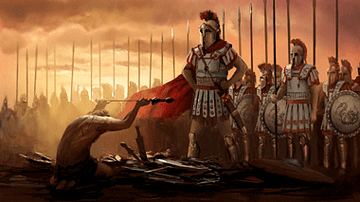
Definition
Epaminondas
Epaminondas (or Epameinondas, c. 420 - 362 BCE) was a Theban general who famously defeated Sparta at the Battle of Leuctra in 371 BCE. The daring and brilliant pre-meditated tactics of Epaminondas earned a decisive victory over Sparta and...
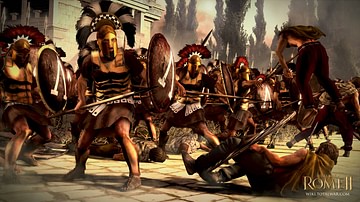
Definition
Battle of Leuctra
The Battle of Leuctra in 371 BCE gave Thebes a decisive victory over Sparta and established Thebes as the most powerful city-state in Greece. The victory was achieved through the daring and brilliant pre-meditated tactics of the Theban general...
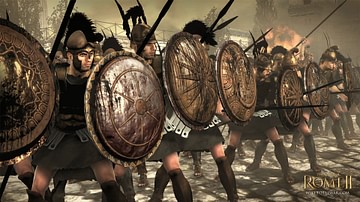
Article
The Greek Phalanx
One of the most effective and enduring military formations in ancient warfare was that of the Greek phalanx. The age of the phalanx may be traced back to Sumeria in the 25th century BCE, through Egypt, and finally appearing in Greek literature...
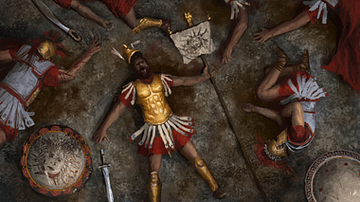
Definition
Pelopidas
Pelopidas (c. 410 - 364 BCE) was a gifted Theban general and leader of the elite Sacred Band who, along with Epaminondas, is credited with helping Thebes rise to its greatest power. Defeating the mighty Spartans in several battles Pelopidas...
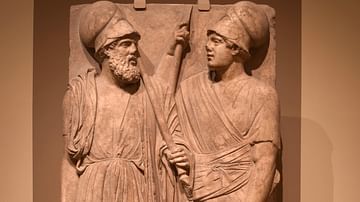
Definition
Sacred Band of Thebes
The Sacred Band of Thebes was an elite unit of the Theban army comprised of 150 gay male couples totaling 300 men. They were formed under the leadership of Gorgidas but first achieved fame under the general Pelopidas. They remained invincible...
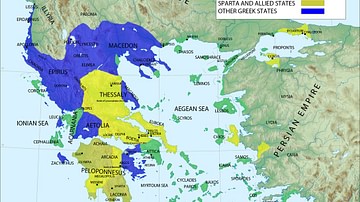
Definition
Thebes (Greece)
Thebes is a town in central Greece which has been continuously inhabited for five millennia. It was an important Mycenaean centre in the middle to late Bronze Age and was a powerful city-state in the Classical period, participating in both...
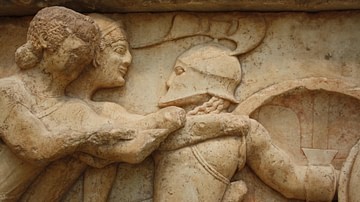
Definition
Ancient Greek Warfare
In the ancient Greek world, warfare was seen as a necessary evil of the human condition. Whether it be small frontier skirmishes between neighbouring city-states, lengthy city-sieges, civil wars, or large-scale battles between multi-alliance...
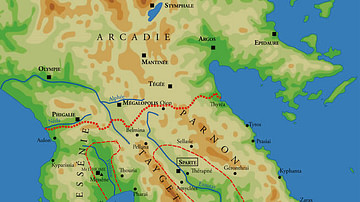
Definition
Peloponnesian League
The Peloponnesian League (c. 550 BCE - c. 366 BCE) was a loose confederation of Greek city-states led by Sparta. The League was the oldest and longest-lasting political association in the ancient Greek world. For Sparta, the League gave it...

Definition
Agesilaus II
Agesilaus II (c. 445 – 359 BCE) was a Spartan king who won victories in Anatolia and the Corinthian Wars but who would ultimately bring total defeat to his city through his policies against Thebes. When Sparta lost the crucial battle...
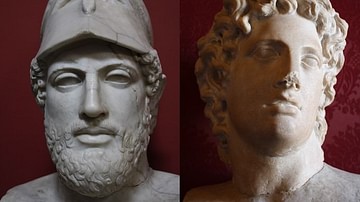
Definition
Plutarch
L. Mestrius Plutarchus, better known simply as Plutarch, was a Greek writer and philosopher who lived between c. 45-50 CE and c. 120-125 CE. A prodigious and hugely influential writer, he is now most famous for his biographical works in his...